Automotive circuit testers are essential tools for diagnosing electrical issues in vehicles quickly and accurately. Whether you're a professional mechanic or a DIY enthusiast, having the right circuit tester can save you time and frustration when troubleshooting automotive electrical systems. To help you make an informed purchase decision, here is a comprehensive guide to buying automotive circuit testers:
There are several types of automotive circuit testers available, including test lights, multimeters, and voltage testers. Consider the type of electrical testing you'll be performing and choose a circuit tester that best suits your needs. For basic testing of circuits and voltage, a test light may suffice, while more advanced diagnostic work may require a digital multimeter.
Check the voltage range of the circuit tester to ensure it meets the requirements of your vehicle's electrical system. Most automotive circuit testers have a voltage range between 6 volts and 24 volts, which covers the typical voltage levels found in cars, trucks, and motorcycles. Make sure the circuit tester can handle the voltage levels specific to your vehicle.
Consider the functions and features offered by the circuit tester, such as continuity testing, diode testing, resistance measurement, and more. Some circuit testers may also have additional features like audible alerts, LED indicators, and built-in fuses for added convenience and functionality. Evaluate your testing needs and choose a circuit tester with the appropriate functions and features.
Inspect the build quality and durability of the circuit tester to ensure it can withstand the rigors of automotive use. Look for testers made from high-quality materials that are durable and resistant to damage from drops, impacts, and exposure to chemicals and fluids. Consider whether the tester is designed for professional use in a garage or workshop environment.
Choose a circuit tester that is easy to use and intuitive, especially if you're a beginner or unfamiliar with automotive electrical systems. Look for testers with clear and easy-to-read displays, ergonomic grips, and simple controls that make operation straightforward. Consider whether the tester comes with a user manual or instructional guide for reference.
Consider the portability and storage options of the circuit tester, especially if you need to take it on the go or store it in a crowded toolbox. Look for testers that are compact and lightweight for easy handling and transportation. Some testers may also come with carrying cases or storage pouches for added protection and convenience.
Finally, consider your budget when purchasing an automotive circuit tester. Prices can vary depending on the brand, features, and quality of the tester. Set a budget that aligns with your needs and preferences, and compare prices from different retailers to find the best value for your money. Keep in mind that investing in a high-quality circuit tester can save you time and money in the long run by helping you diagnose and repair electrical issues efficiently.
Buying the right automotive circuit tester involves considering factors such as the type of tester, voltage range, functions and features, build quality and durability, ease of use, portability and storage, and price and budget. By carefully evaluating these factors and choosing a tester that meets your requirements, you can effectively diagnose and troubleshoot electrical problems in your vehicle with confidence.
 Tool seat
Tool seat
 Stretch Cord
Stretch Cord
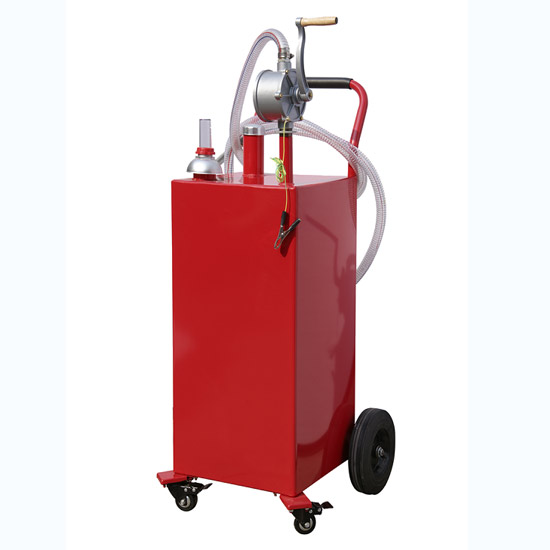 Oil Pump
Oil Pump
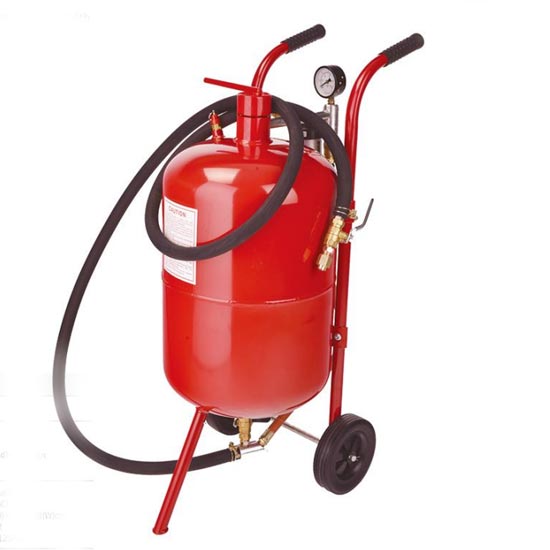 Sandblast Pot
Sandblast Pot
 2.25 Ton Hydraulic Floor Jack
2.25 Ton Hydraulic Floor Jack
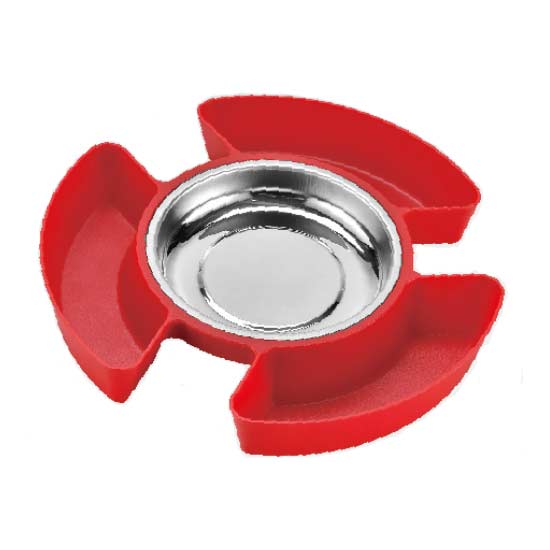 Magnetic Tray With Tool Plate
Magnetic Tray With Tool Plate
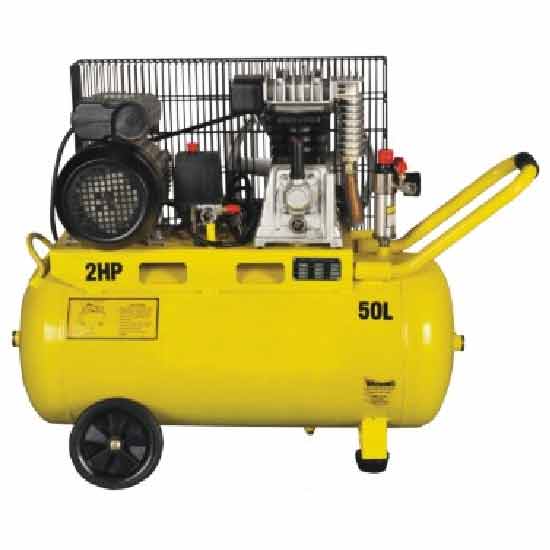 Single-stage Air-cool Movable Air Compressor
Single-stage Air-cool Movable Air Compressor
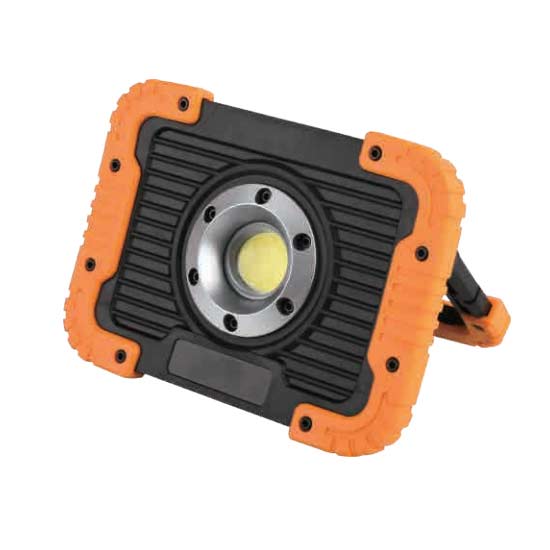 10W Rechargeable Led Flood Light
10W Rechargeable Led Flood Light
 Ice Scraper
Ice Scraper
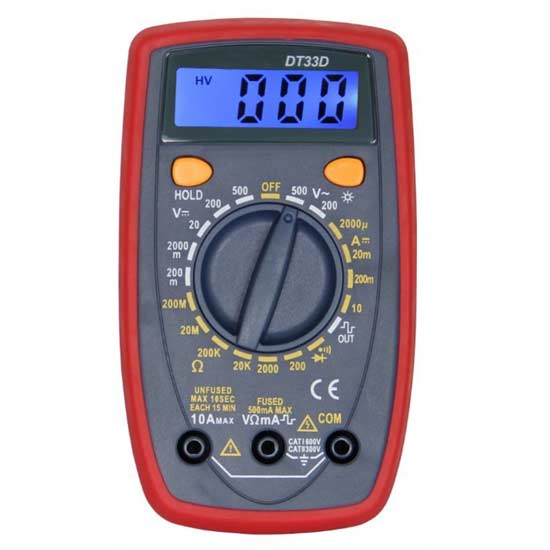 Small Multimeter with Backlight
Small Multimeter with Backlight
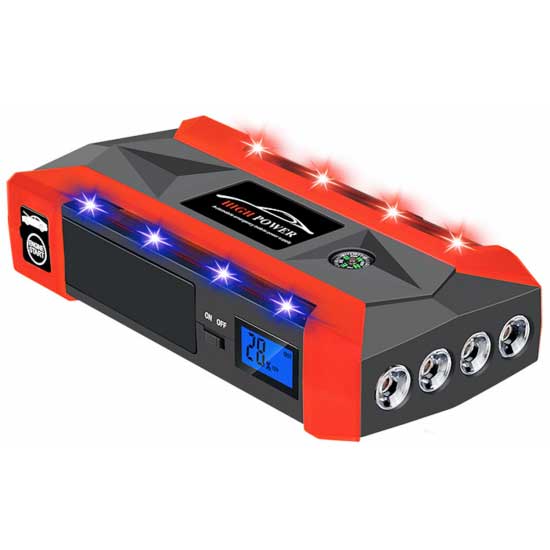 Jump Starter With 4 Led Lights
Jump Starter With 4 Led Lights
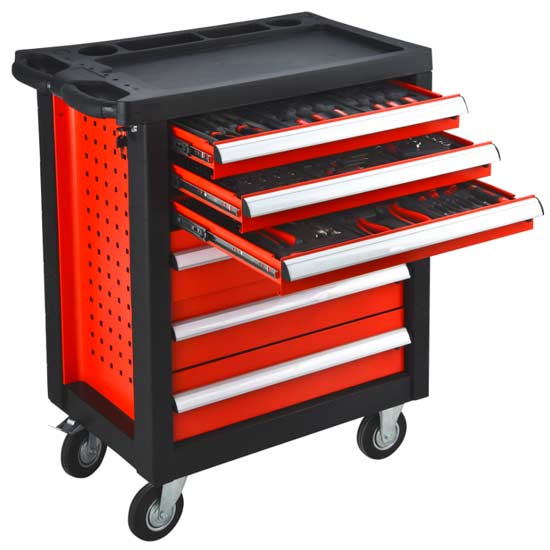 Steel Tool Cabinet
Steel Tool Cabinet
 Large Tool Cabinet
Large Tool Cabinet
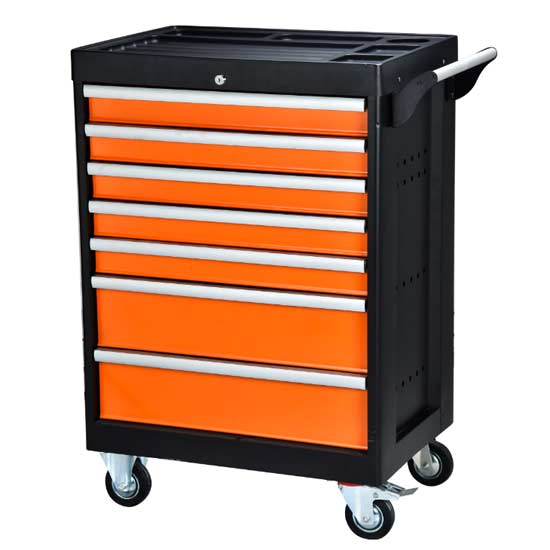 Tool Storage Cabinet
Tool Storage Cabinet
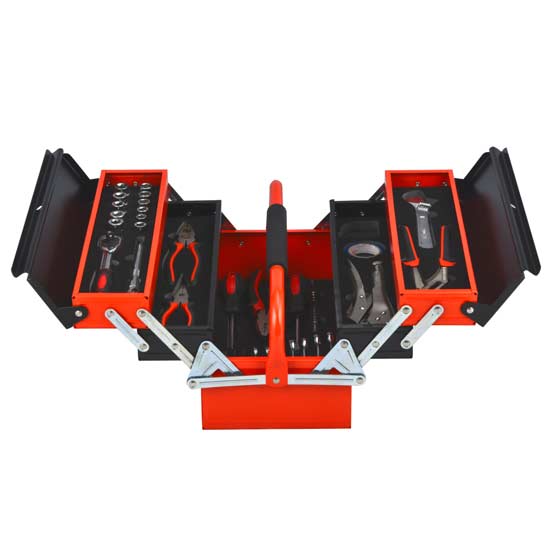 Metal Tool Box
Metal Tool Box
 Large Metal Tool Storage Box
Large Metal Tool Storage Box
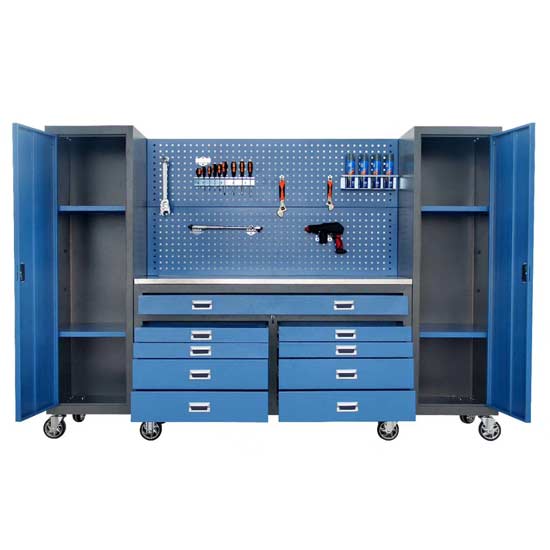 Blue Metal Tool Cabinet
Blue Metal Tool Cabinet
 Red Steel Tool Trolley
Red Steel Tool Trolley
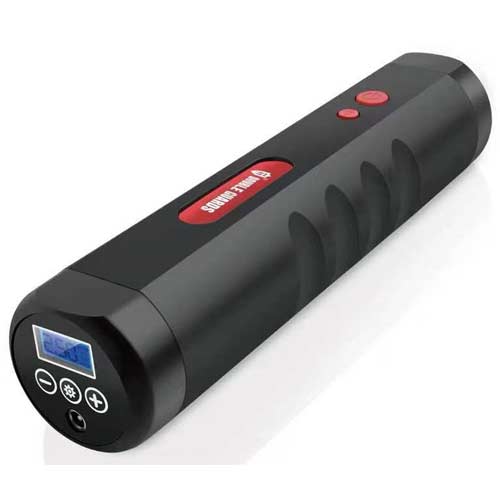 Portable Tire Inflator
Portable Tire Inflator
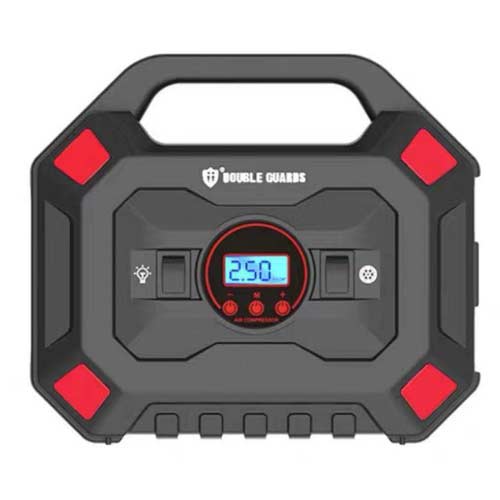 Custom Tire Inflator
Custom Tire Inflator
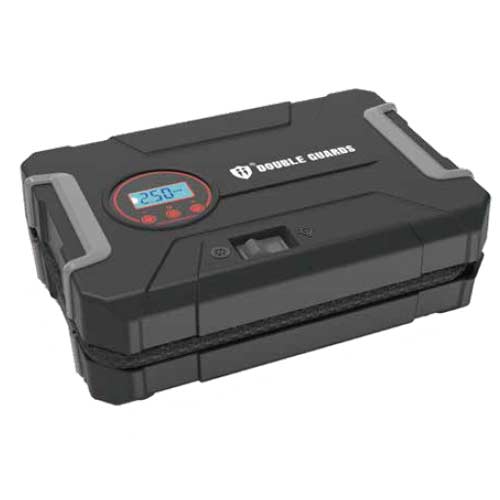 Tire Pressure Pump
Tire Pressure Pump
 Auto Emergency kit
Auto Emergency kit